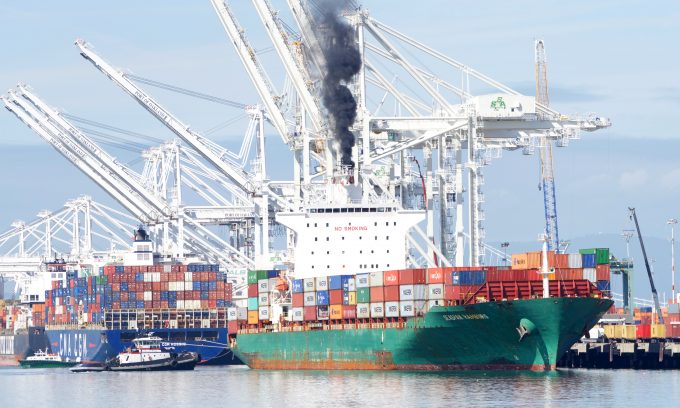Red Sea crisis forces Maersk to increase capacity over strategy limit
Maersk Line appears to have temporarily abandoned its strategy of maintaining capacity at no more ...

With today’s announcement that the company has joined Hong Kong’s Low Carbon Charter (LCC), AP Møller-Maersk has shown further commitment to meeting climate change goals that go beyond the International Maritime Organization’s targets.
Launched by the Business Environment Council (BEC), the signing of the LCC commits the Danish shipping line to meet Paris Agreement decarbonisation goals that are in line with achieving warming levels no higher than 1.5 degrees C above pre-industrial levels.
Maersk will commit to the science-based initiative and implement ...
Ecommerce air traffic to US set to grind to a halt as de minimis exemption ends
Maersk u-turn as port congestion increases across Northern Europe
Apple logistics chief Gal Dayan quits to join forwarding group
Widespread blanked sailings stave off major collapse of transpacific rates
Transpac rates hold firm as capacity is diverted to Asia-Europe lanes
Houthis tell Trump they will end attacks on Red Sea shipping
Airlines slash freighter capacity post-de minimis, but 'the worst is yet to come'
MSC revamps east-west network as alliance strategies on blanking vary

Comment on this article